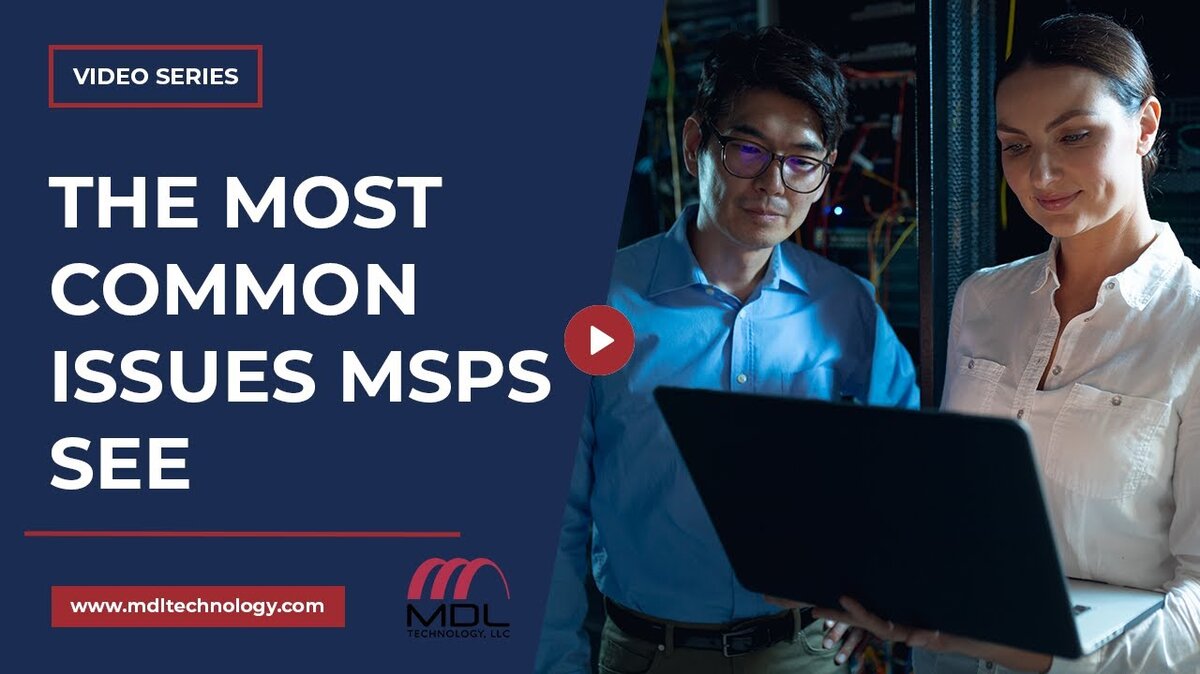Endpoint security involves protecting devices like laptops, tablets, and servers from cyber threats such as malware, viruses, and unauthorized intrusions. These devices often act as gateways to your organization’s network. Securing them is crucial for preventing data breaches and ensuring the integrity of your business operations. Effective security measures for your endpoints are essential to maintain client trust and business reliability.
What is Endpoint Security?
Endpoint security involves the deployment of security solutions directly on endpoint devices to prevent, detect, and respond to cyber threats. This is essential because each device serves as a potential entry point for security breaches, which can compromise sensitive business and client data. Protecting these devices is not just about safeguarding hardware; it’s about ensuring the integrity of critical financial information, personally identifiable information (PII), and other sensitive data.
Why is Endpoint Security Important for Businesses?
Protecting Sensitive Data
One of the primary reasons to strengthen your endpoint security is to protect sensitive data. Whether it’s financial records, client details, or employee information, data breaches can lead to significant financial losses and damage to your company’s reputation. By implementing robust security measures, you can shield your business from the catastrophic consequences of data theft and unauthorized access.
Preventing Malware and Phishing Attacks
Malware and phishing attacks are common tactics used by cybercriminals to infiltrate network systems. Effective endpoint security solutions can prevent these attacks by detecting and blocking malicious activities before they cause harm. Regular updates and security patches are crucial to close any vulnerabilities that could be exploited by attackers to gain access to your network.
Supporting a Remote Workforce
With the increasing trend of remote work, endpoint security has become even more critical. Remote employees access company networks from various locations, often using personal or less secure networks, which can increase vulnerability to attacks. By extending security measures to remote devices, businesses can enforce security policies and protect devices regardless of their location, just as effectively as if they were connected to the office network.
Ensuring Compliance with Regulatory Standards
For businesses in regulated industries, endpoint security is also vital for compliance with legal and regulatory standards such as HIPAA for healthcare, and PCI DSS for payment card information. Robust security protocols ensure that your business meets these requirements, avoiding potential legal and financial penalties.
In Summary
Endpoint security is not just a technical requirement but a critical component of your business strategy to safeguard sensitive data, ensure compliance, and support a flexible workforce. By investing in comprehensive security solutions for your endpoints, you protect not only your business’s operational integrity but also its reputation.
To get started with implementing robust security measures, contact us today. Your security is our priority, and we are here to ensure that your endpoints remain safe from all kinds of cyber threats.



